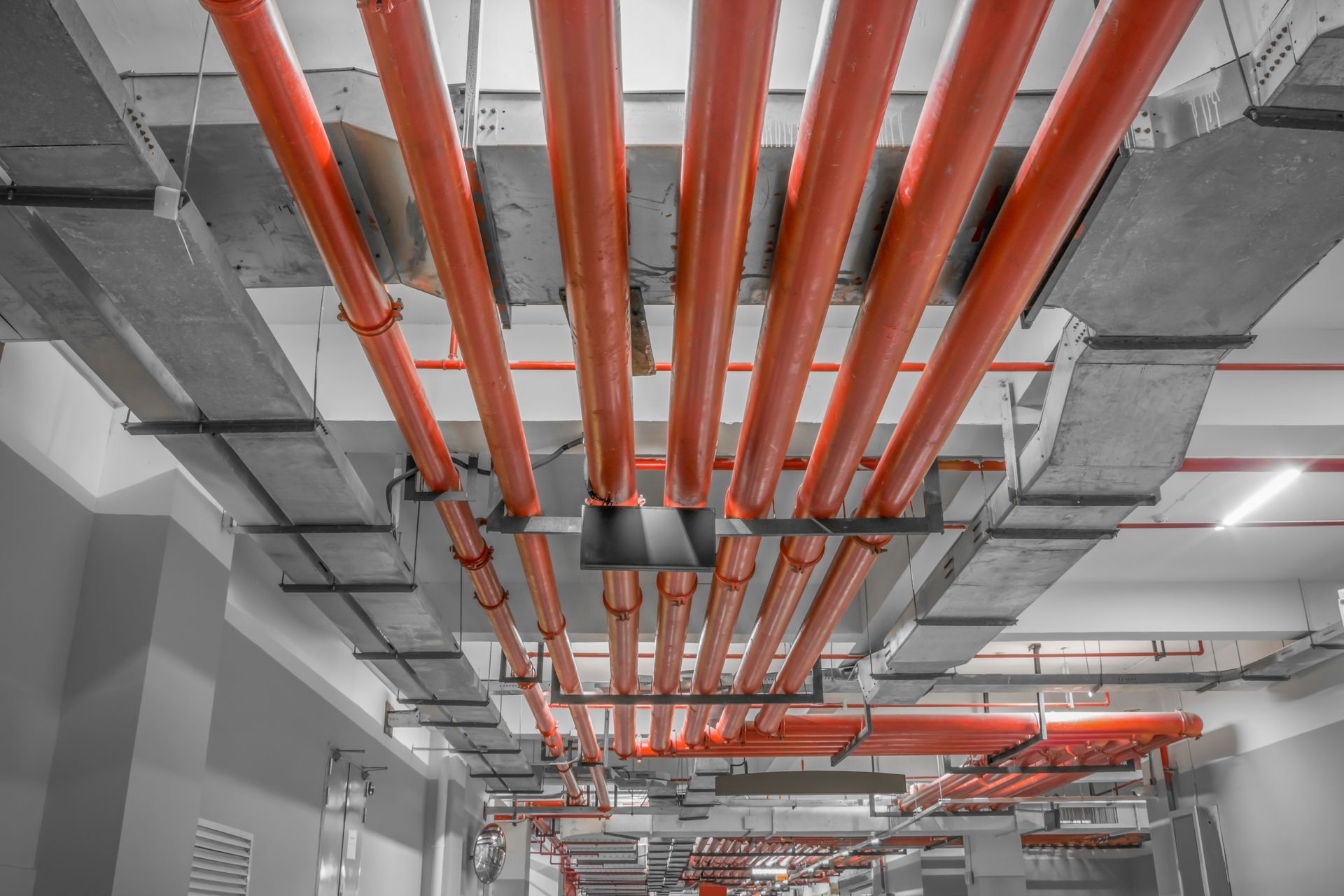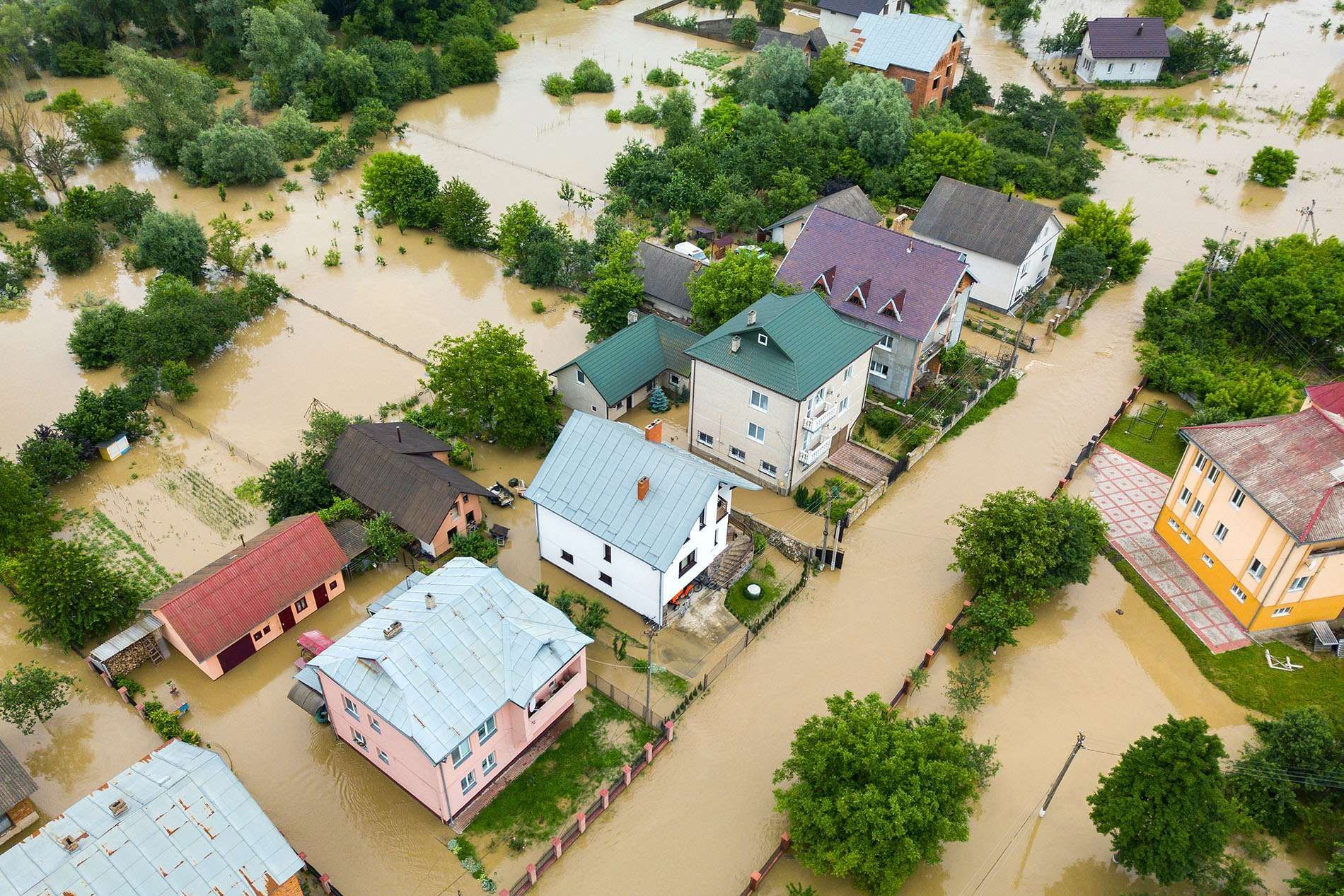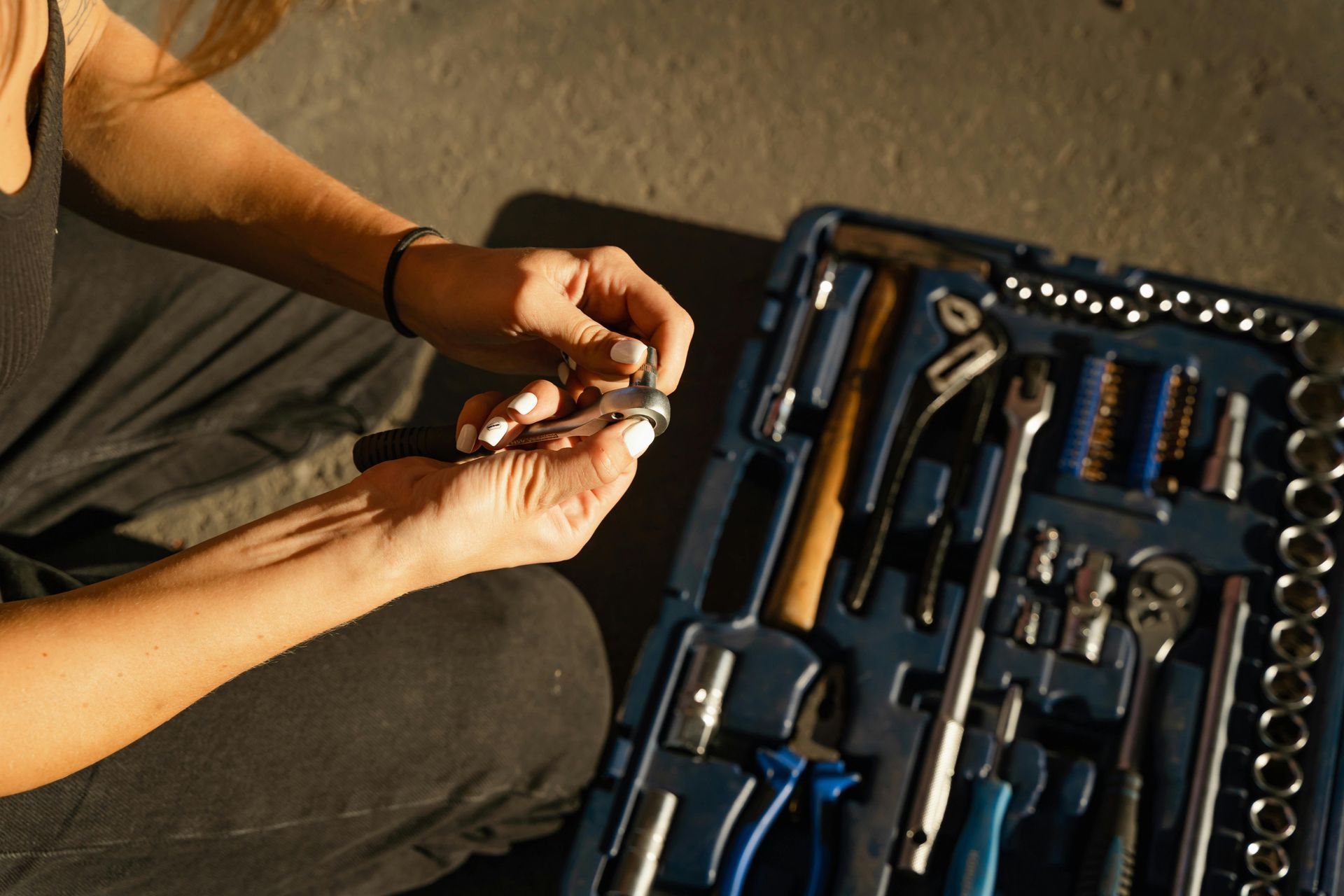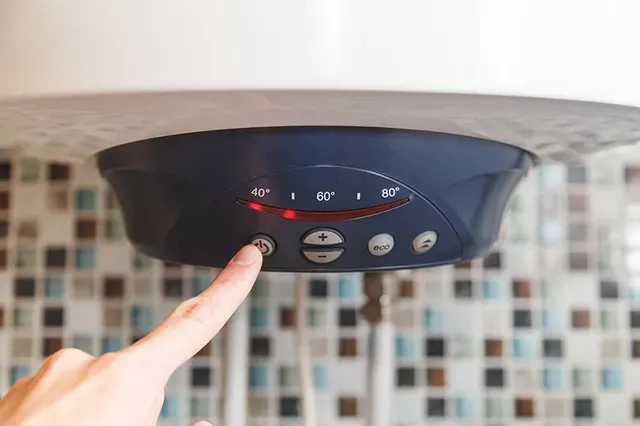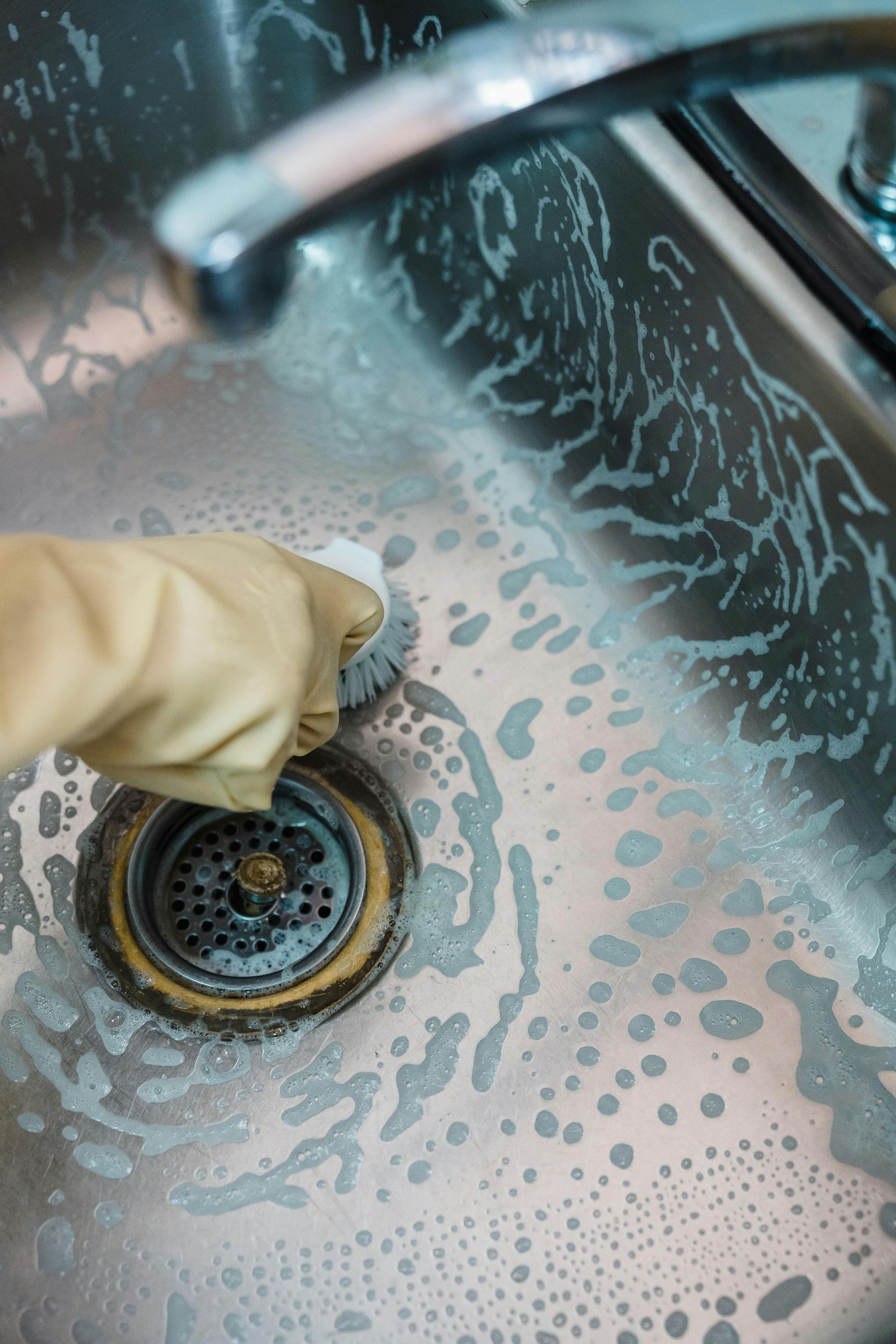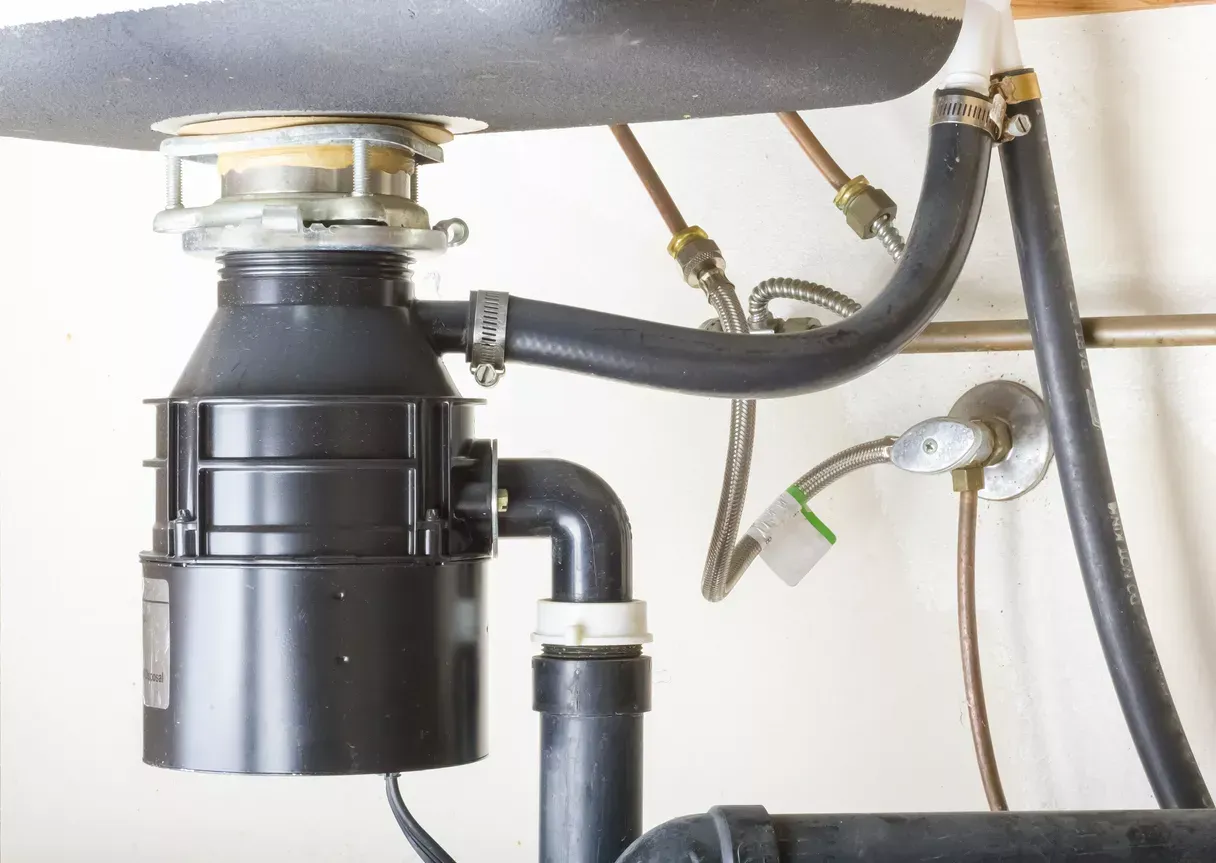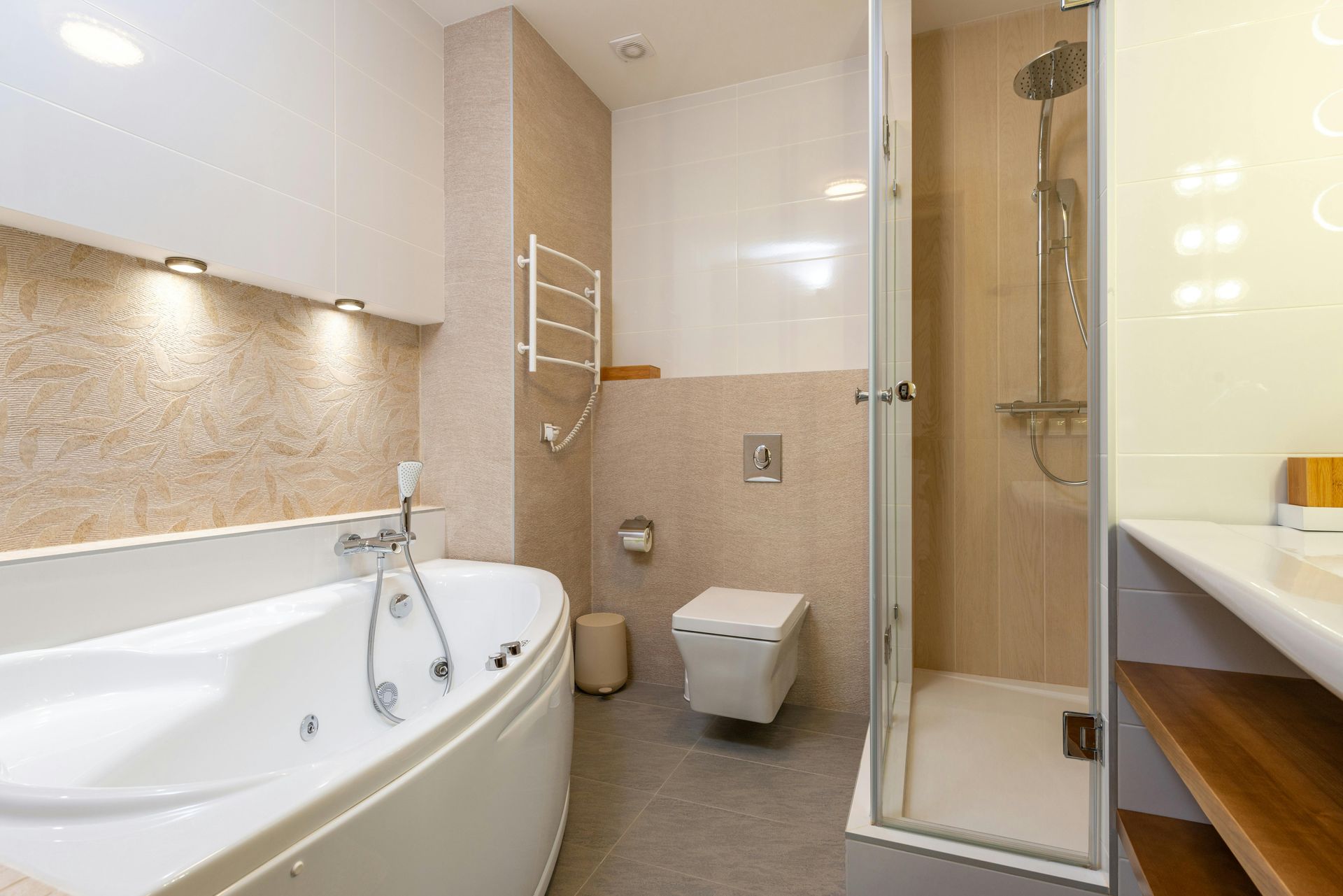Sewer Line Repair vs. Sewer Line Replacement: Making the Right Call for Your Home
Nothing throws your day off balance quite like a sewer issue. Whether it's a slow drain, foul odors, or full-on sewage backup, one thing is certain—you need a fix, and fast. But here’s the million-dollar question: should you repair the damaged section of the sewer line, or is a full replacement the only way out?
Making the right decision isn’t just about cost; it’s about longevity, efficiency, and preventing future headaches. A bad call now could mean spending thousands down the road on repeated fixes. Let’s break down the differences between sewer line repair and replacement, so you can make an informed choice that saves you time, money, and stress.
What Are the Signs of a Broken Sewer Line?
Understanding Sewer Line Damage: How Bad Is It?
Before deciding between repair and replacement, you need to determine the extent of the damage. Not all sewer problems require drastic measures, but ignoring severe issues can lead to catastrophic (and expensive) consequences.
Minor Damage: When Repairs Make Sense
If your sewer line is only slightly compromised—perhaps due to minor cracks, small tree root intrusions, or a minor clog—repairing the affected section is often the best choice. Sewer repair methods such as trenchless pipe lining or localized spot repairs can extend the life of your existing system without requiring a full overhaul.
Major Damage: When Replacement is Unavoidable
If your sewer pipe is severely corroded, extensively cracked, or has fully collapsed, a repair won’t cut it. Persistent blockages, major leaks, or complete system failures signal that replacement is the smarter (and often inevitable) choice. While more expensive upfront, it guarantees a long-term fix rather than a patch job.
Sewer Line Repair: The Less Invasive Option
What It Involves
Sewer line repair typically focuses on fixing localized issues without overhauling the entire system. There are several methods, each with varying costs and effectiveness:
- Pipe Lining (Cured-in-Place Pipe - CIPP): A flexible liner coated with resin is inserted into the damaged pipe, creating a seamless, durable interior lining once hardened.
- Pipe Bursting: A new pipe is pulled through the old one, breaking the damaged pipe apart while replacing it with a new, more durable pipe.
- Spot Repairs: If the damage is localized, cutting out and replacing just that section can be a cost-effective solution.
Pros of Repairing
- Less disruption—no need to dig up your yard.
- Generally cheaper than full replacement.
- Faster turnaround—most repairs take just a day or two.
- Preserves existing landscaping and hardscaping.
Cons of Repairing
- Doesn’t address widespread issues—only fixes isolated problems.
- If the sewer line is aging, more issues will arise soon, costing more in the long run.
- Some repairs, like relining, reduce the pipe’s diameter, potentially leading to future flow issues.
Sewer Line Replacement: The Permanent Fix
What It Involves
Sewer line replacement removes the old pipe and installs a brand-new one, ensuring a fresh start for your drainage system. This can be done through traditional excavation or newer trenchless methods that minimize surface damage.
Pros of Replacing
- Complete removal of old, deteriorated pipes.
- Long-term solution that lasts 50+ years.
- Eliminates the risk of recurring blockages and failures.
- Can upgrade to more durable, root-resistant materials like PVC or HDPE.
Cons of Replacing
- More expensive upfront compared to repair.
- If excavation is required, it can destroy landscaping, driveways, and sidewalks.
- Takes longer—may require several days to complete, especially if digging is involved.
How to Decide: Repair or Replace?
When Repair is the Better Choice
- If the problem is limited to a small section of the pipe.
- If the rest of the sewer line is still structurally sound.
- If you need a quick, budget-friendly fix.
- If trenchless repair methods are an option for your situation.
When Replacement is the Smarter Move
- If your sewer line is old and prone to future failures.
- If the pipe is severely cracked, corroded, or collapsed.
- If you’re experiencing frequent backups despite previous repairs.
- If tree roots have completely infiltrated the pipe system.
Expert Recommendations: What the Pros Say
Plumbers and sewer repair specialists recommend a thorough camera inspection before making any decisions. This allows them to see the exact condition of your pipes and determine whether a repair is viable or if a full replacement is inevitable.
Additionally, if your home is older (50+ years), a full replacement is often the better long-term investment, saving you from frequent, costly repairs.
Preventive Measures: Keep Your Sewer Line in Top Shape
Regardless of whether you repair or replace, taking care of your sewer line can extend its lifespan and prevent future problems:
- Avoid flushing anything other than human waste and toilet paper.
- Schedule regular professional drain cleaning to remove buildup.
- Be mindful of tree planting—roots are a common cause of sewer damage.
- Consider installing a backwater valve to prevent sewage backups.
- Have your pipes inspected every few years to catch issues early.
Conclusion: The Right Decision Pays Off
When it comes to sewer line issues, there’s no one-size-fits-all solution. If your problem is minor and localized, repair is a cost-effective, fast fix. But if your sewer line is deteriorating or frequently failing, investing in a full replacement saves you time, money, and stress in the long run.
Acting early and consulting with a sewer specialist can help you avoid emergency situations and costly surprises. Whether you choose to repair or replace, taking care of your sewer line now means fewer headaches down the road. And that’s a decision you’ll never regret.


